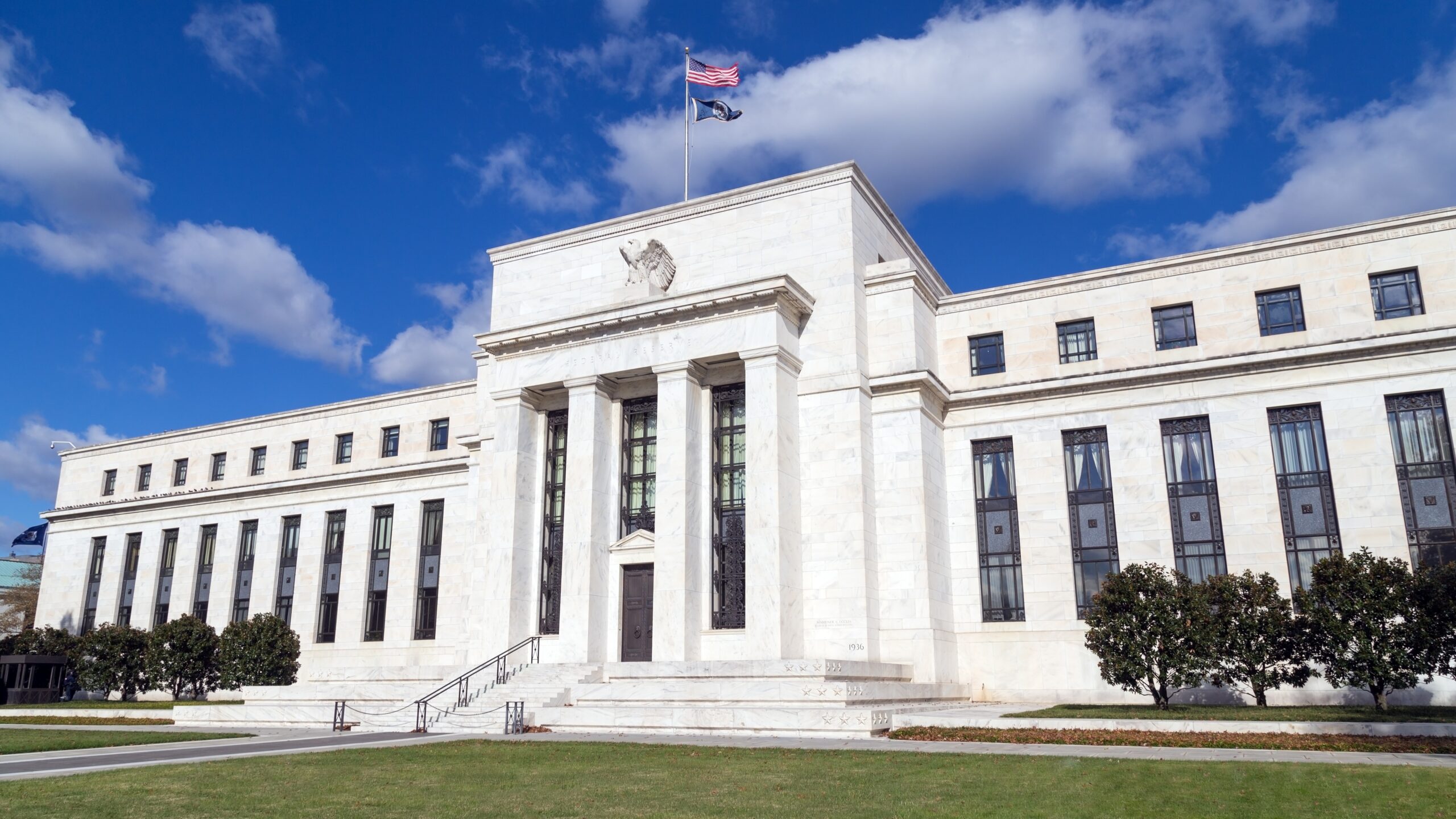This article was first published in The Business Times on October 17, 2025.
Solid fundamentals, pragmatic policies and strong coordination can preserve financial stability, but we must not be complacent
As global financial conditions began to tighten in 2022, memories of past bouts of turbulence loomed large: the 2008 global financial crisis triggered many corporate defaults and severe credit contractions; the 2013 “taper tantrum” brought about acute exchange rate pressures and capital outflows, raising global concerns over several ASEAN economies.
Driving this new wave of concern was one of the sharpest tightening cycles in decades, unleashed by the US Federal Reserve and other major central banks after global inflation surged. The ultra-low interest rates and massive asset purchases of the COVID-19 era were quickly reversed. Interest rates jumped, the US dollar strengthened, and fears of renewed financial stress spread worldwide.
So as the cycle progressed through 2023, the question was inevitable: Would ASEAN+3, a cooperative grouping of the 10 ASEAN member states plus China, Japan, and South Korea, face another bout of financial turmoil?
The shield that held
ASEAN+3 financial markets – closely integrated with global cycles – reacted swiftly to the shocks: bond yields surged, credit conditions tightened, local currencies weakened and stock markets fell as capital outflows intensified.
The region’s financial market stress index, which captures volatility across key financial indicators, spiked sharply – especially in bond and credit markets, as shown in the figure below. Economies with more open and market-dependent structures were hit the hardest.
On paper, all signs pointed to a crisis. Yet, unlike in earlier episodes, ASEAN+3 held firm. There were no widespread institutional failures, no systemic banking collapse and no sovereign defaults. Instead, regional economies adapted swiftly to market volatility without major disruptions.
This resilience underscores just how much the region has learned from past turbulence, and how much stronger its financial systems have become.
Understanding ASEAN+3’s resilience
Policymakers across the region acted in a timely manner, deploying a broad toolkit. Central banks – especially those with inflation-targeting frameworks – used monetary policy decisively, not only to contain inflation, but also to stabilize exchange rates and safeguard financial stability.
Foreign exchange intervention helped smooth excessive volatility and temper depreciation pressures, while capital flow management and macroprudential measures were applied prudently to cushion the impact of external shocks.
Collectively, these well-calibrated actions prevented market turbulence from snowballing into systemic instability.
Robust fundamentals provided a solid foundation. Local currency bond markets in the region had expanded significantly, strengthening resilience by facilitating domestic financing and reducing rollover and exchange rate risks.
This growth reflects sustained capital market development, the rise of domestic institutional investors, growing infrastructure financing needs and regional efforts to curb foreign currency exposure. Sound banking systems – with high capital adequacy ratios and prudent supervision – added another line of defense.
Moreover, most ASEAN+3 economies maintained sufficient foreign reserves – acting as a form of “self-defense” to manage capital flow volatility, support exchange rate stability and sustain investor confidence during stress. These buffers enabled regional economies to absorb external shocks without abrupt policy shifts.
Policy priorities to address vulnerabilities
ASEAN+3 navigated the last tightening cycle without spiraling into crisis, but another severe shock could still expose fault lines and strain buffers. Debt serviceability remains a key concern, particularly for economies with high external exposure and for sectors with elevated corporate debt-at-risk, such as property, construction, manufacturing and raw materials.
A sharp spike in interest rates or renewed currency depreciation could quickly reignite pressures. Moreover, financial institutions are also now more exposed to market risks, making them increasingly sensitive to swings in global liquidity and sentiment.
These risks call for a pragmatic approach and stronger policy frameworks. That means ensuring frameworks are comprehensive and well-coordinated, bolstering surveillance and risk monitoring, and – crucially – articulating policy objectives and targets more clearly. Transparent guidance on how and when to deploy key tools, such as foreign exchange intervention or capital flow measures, can anchor market expectations, reduce risk premia and improve policy credibility.
Policymakers should continue developing local currency bond markets and expanding a broader base of long-term institutional investors, including insurance companies and pension funds. This would help reduce reliance on foreign currency borrowing and external financing. Improving access to hedging instruments and maintaining adequate reserves would further enhance resilience to volatility.
Equally important is closer regional cooperation. Stronger information sharing, early warning systems and coordinated policy responses can help contain cross-border spillovers. Promoting local currency settlement in trade and investment – alongside strengthening regional financial safety nets such as bilateral swap lines and the Chiang Mai Initiative Multilateralisation – would further bolster regional stability and resilience.
Looking ahead
The 2022-to-2023 global tightening cycle was a major test – and ASEAN+3 passed it. The region has demonstrated that solid fundamentals, pragmatic policies and strong coordination can preserve financial stability, even under intense global pressure.
Yet, resilience must not breed complacency.
The challenge now is to lock in the gains, address lingering vulnerabilities and enhance regional preparedness for future shocks. By reinforcing policy frameworks, deepening local markets and strengthening regional cooperation, ASEAN+3 can not only weather the next global storm, but also emerge from it stronger together.
